Apple was one of a number of parties that fought the repeal of net neutrality protections, originally instituted in 2015 during the Obama administration. The company has a lot of pragmatic reasons for taking a pro-neutrality stance.
Things were made (mostly) clear in an August letter to the U.S. Federal Communications Commission. "An open internet ensures that hundreds of millions of consumers get the experience they want, over the broadband connections they choose, to use the devices they love, which have become an integral part of their lives," Apple wrote.
"What consumers do with those tools is up to them — not Apple, and not broadband providers," it added.
Assuming it's not reversed by the courts or political maneuvers, the FCC's repeal of neutrality could conceivably let internet service providers block, throttle, or prioritize traffic as they see fit. On a basic level, Apple needs to ensure quality of service on its devices — people dealing with slow internet access may be less likely to want the latest iPhone, download apps, sign up for Apple Music, or rent a movie from iTunes.
Apple has also had to deal with services being blocked in the past. AT&T, for example, once prevented people from using FaceTime over cellular unless they had a Mobile Share data plan, presumably because it was worried customers with grandfathered unlimited data would bombard its network.
Behind the scenes, Apple is probably worried about rivals signing deals with ISPs, or those ISPs simply favoring their own services. If Comcast decided to prioritize its own TV streaming traffic for example, that could play havoc with material sold on iTunes and Apple's upcoming original video programming.
Lastly, Apple may also want flexible bandwidth for future technology. In its August letter it complained that killing net neutrality could "create artificial barriers to entry for new online services, making it harder for tomorrow's innovations to attract investment and succeed."
The company is rumored to be developing an augmented reality headset, which will likely be highly dependent on high-speed 4G/5G cellular for functions such as Siri and navigation. Apple is also working on a self-driving car platform, which will probably be sold to third parties — if it hooks into Apple's cloud services in any way, that could generate terabytes of data per car, per day. Apple might have to spend millions on prioritization deals or risk an unusable product.
 Roger Fingas
Roger Fingas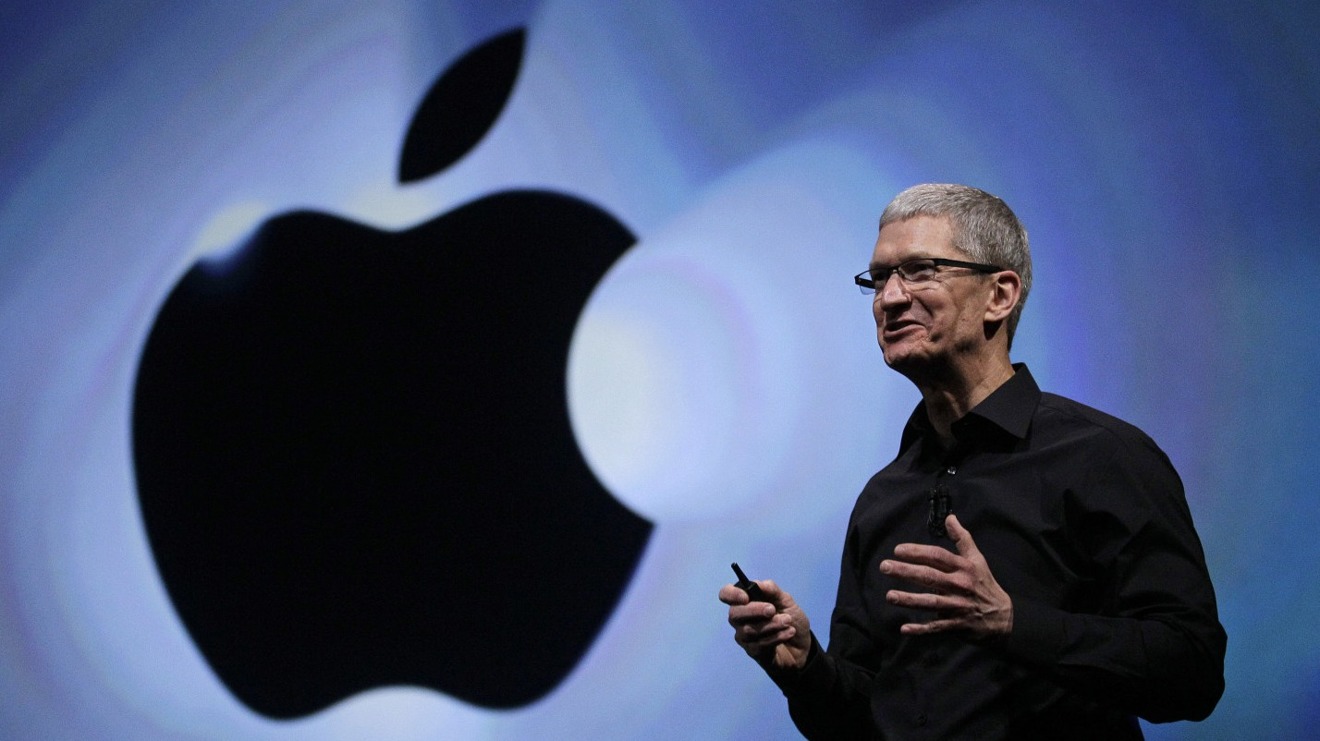














 William Gallagher
William Gallagher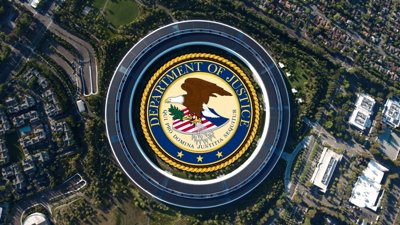
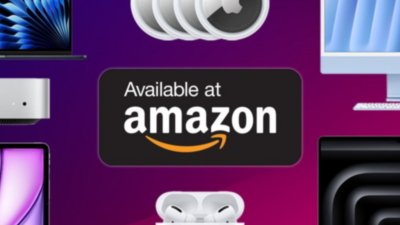
 Christine McKee
Christine McKee
 AppleInsider Staff
AppleInsider Staff
 Chip Loder
Chip Loder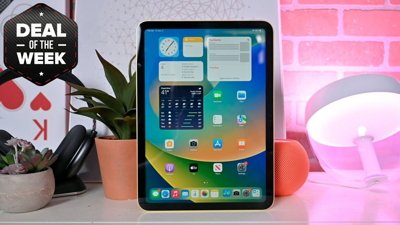
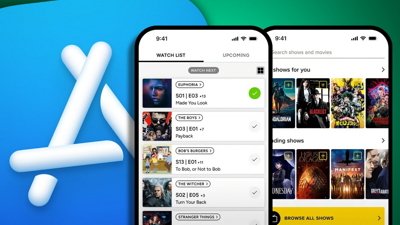
 Malcolm Owen
Malcolm Owen









58 Comments
Apple has major interest in the issue, Apple Music, AppleTV, FaceTime and iMessage.
But no matter what, it is a great cause to fight.
Same thing apply to Google, YouTube, Facebook or any other steaming service.
I am for small government and differ with many political positions Apple takes, but I totally agree with Apple on this. Even besides the important issue of it becoming harder for many businesses to compete, the content of the internet will also be at the hands of money making endeavours, instead of all content being treated equally as it is now.
We won’t see changes right away, but over time companies will make whatever changes they can get away with until the internet differs very little from the way network TV is.
I wouldn’t be surprised if this was even partially a move to control ‘fake’ news. If content is monetised by service providers the news can be better controlled than it is now. Information control in the name of market freedom... It’s not worth it.
If things get worse, other companies may get in to the ISP business, which will have a much lower bar to entry as 5G wireless technology progresses. Apple might be a good candidate for this, since they have the resources but not the core business of monetizing customer data that companies like Alphabet and Facebook have.
I was more or less with you until the last paragraph when you tried - and failed miserably - to tie the latest tech - AR and self driving car - to Apple's supposed reason for wanting to keep net neutrality. Why the he11 would an AR headset be any more dependent on 4G/cellular than the existing iPhone? You gave the pitiful 'Siri' and 'navigation' answer - both of which already exist in the iPhone. For your self-driving car reason, you made up some far-fetched sh1t about self-driving cars needing to tie into Apple's cloud services and generating totally made-up 'terrabytes of data per day'. No explanation as to what the he11 for, but hey - let's throw in a few terabytes???